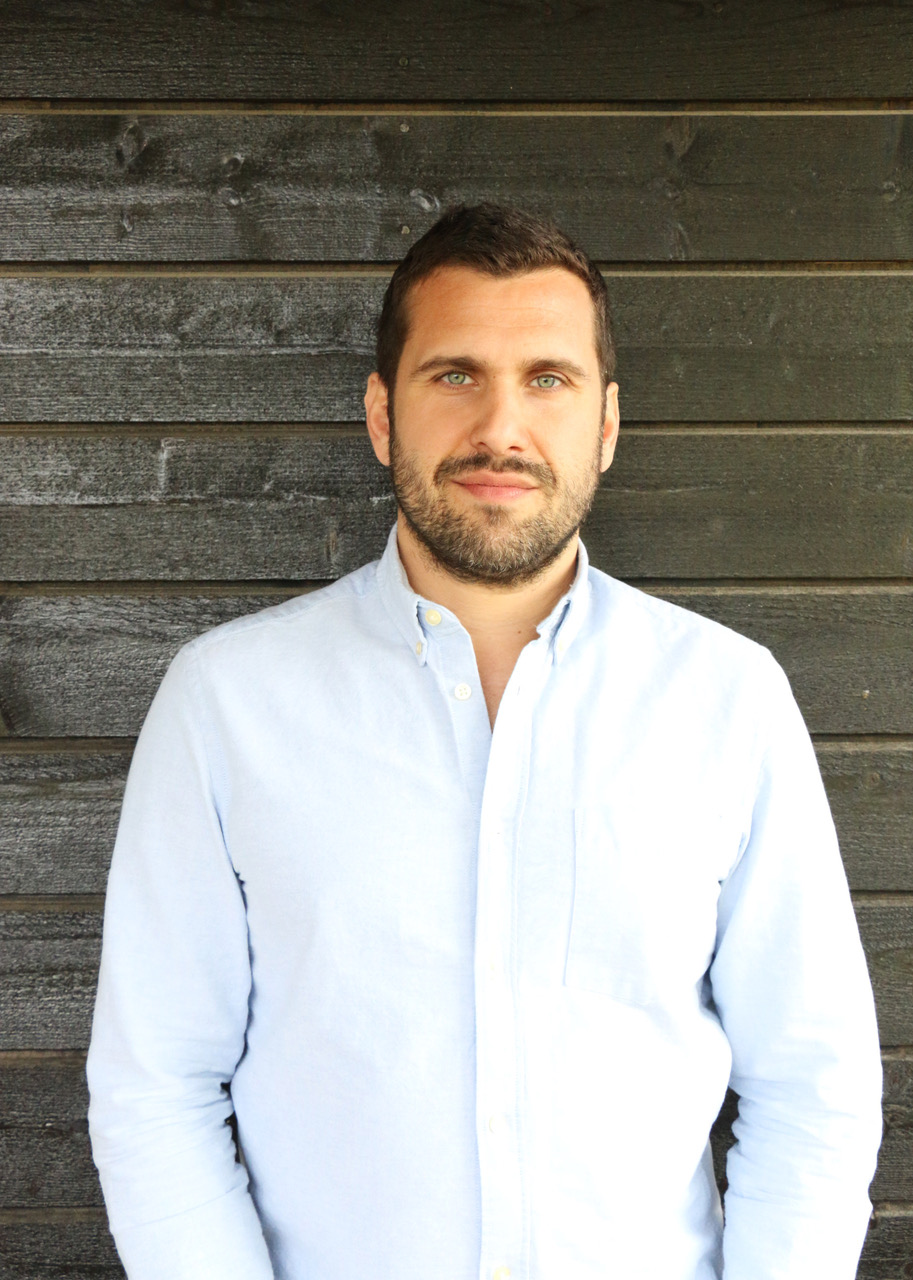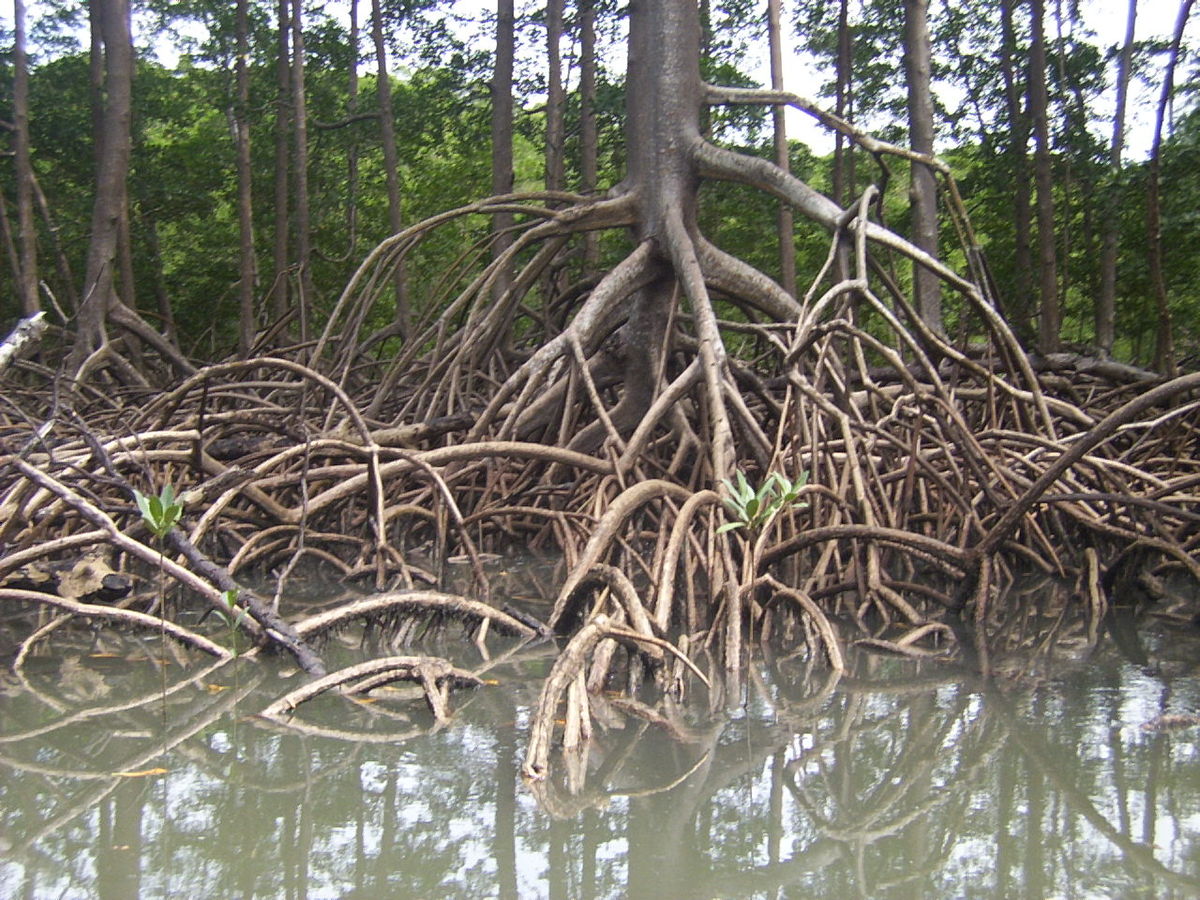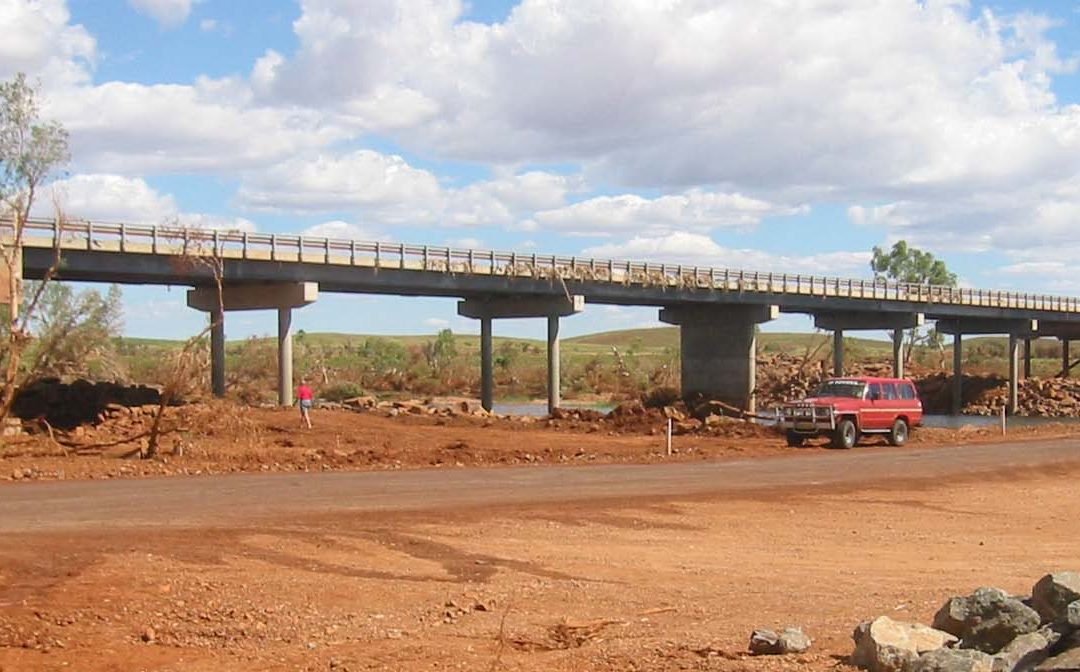Though the official launch is scheduled for World Environment Day on 5 June 2021, this year marks the beginning of the UN Decade on Ecosystem Restoration. This United Nations effort is based on the recognition that ‘there has never been a more urgent need to restore damaged ecosystems than now’ because ‘ecosystems support all life on Earth. The healthier our ecosystems are, the healthier the planet – and its people’.
The UN Decade of Restoration, in turn, follows the September 2020 Leaders Pledge for Nature that reaffirmed the UN members nations committment to action for biodiversity, for the very same reason, that ‘nature fundamentally underpins human health, wellbeing and prosperity’.
The COVID-19 pandemic has merely served to underscore the importance of the Leader’s pledge and the UN Decade of Ecosystem Restoration. As recently noted by the editors of the Lancet Planetary Health in their comment on the IPBES #PandemicsReport: Escaping the ‘Era of Pandemics’, the fundamental role of nature for human health can now no longer be ignored by anyone: ‘If most people were under the impression that ecological disruption was regrettable but didn’t affect them directly, then 2020 must surely have been a wake-up call. COVID-19 wasn’t just a rare event, but a symptom of ecological disruption.’
The authors further note that ‘escaping the “Pandemic Era” will require transformative changes and no less than a fundamental reassessment of our relationship with nature…’. As much as the events requiring such fundamental transformation is worrying, reading this is also reassuring with regard to the course we have taken as the Environmental Physiotherapy Association. Specifically, by arguing that we need a fundamental reassessment of the relationship between the environment and all aspects of physiotherapy research, practice and education, and that this is indeed a fundamental question, both in the sense of having priority and in light of its implications for everything that might build on our answer to it.

Filip Maric (PhD)
PT, EPA Founder
Filip Maric is a physiotherapy lecturer and researcher at UiT The Arctic University of Norway. He is interested in the outer rims of healthcare and physiotherapy, practical philosophy, ethics, #EnviroPT, planetary health and sea kayaking.

Another comment from the recent Lancet editorial is worthy of note for the future of physiotherapy: ‘It is… clear that current reactive strategies which centre on rapid containment and control following disease emergence are insufficient to fight future pandemics. Rather we need to tackle the drivers of disease spill over’, namely global ecological degradation. As Prof David Nicholls and I have recently argued here, the reason that this is so meaningful to physiotherapy is because it puts in question our incessant efforts in reactive interventions, and because it therewith asks us where we want to stand with regard to addressing the fundamental social and ecological causes of the pandemic era, or climate change, biodiversity loss and species extinction era, or simply, Anthropocene as it is also known.
Because the UN Decade on Ecosystems Restoration ‘will only succeed if everyone plays a part’, my question to the physiotherapy profession is: What part will we play?
As a member of the Environmental Physiotherapy Association, I very much hope that we will build on the work we have done over the 1.5 years of our existence and continue pushing the envelope. In fact, a lot more has already happened since I wrote a first brief review of our activities and still more is in the works and about to happen as I am writing this blogpost. And I am not writing this to toot our horn, but because it gives me the right mix of hope and sense of purpose. A lot remains to be done and the question remains to be answered, continuously:
What part, if any, will we play in addressing the social and ecological drivers of today’s social, health and environmental crisis?


Thank you for your timely welcome to the beginning of the UN Decade on Ecosystem Restoration. This commitment, together with that of the UN Leaders pledge for Nature committing to action for biodiversity, is based on a fundamental principle underlying all pro-environmental behaviour, namely that ‘nature underpins human health, well-being and prosperity’.
Since transformative change can only be achieved if everyone plays a part, your call-to-action invites us all to reassess our own relationship with nature as well as ‘the relationship between the environment and all aspects of physiotherapy research, practice and education’ in order to move away from the ‘reactive’ strategies and interventions we employ currently towards tackling the drivers of ecological degradation, climate change, social and economic inequities and challenges to health and well-being.